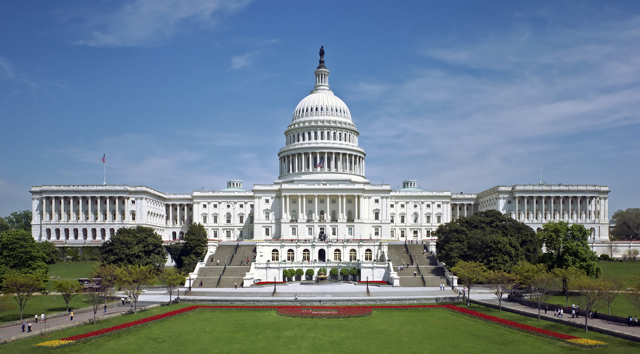In a 215-to-205 vote that largely followed party lines, House Republicans successfully dismantled the new FCC Internet privacy protections for individuals, which was landmark legislation of the Obama administration. Overturning the legislation marks a victory for telecoms that are now free to collect and sell data on users’ online activities without permission, although some have expressed plans to honor voluntary privacy policies. The protections were originally slated to go into effect later this year.
TechCrunch, which quotes an excerpt of the overturned regulation, notes that it required ISPs to “obtain opt-in permission to use and share (i.e. sell) consumer’s private data, including browsing history, health and financial information and more.” But, reports The New York Times, “Republicans said President Barack Obama’s appointee to the FCC, Tom Wheeler, had created a slew of overbearing rules for broadband providers that would put them at a disadvantage relative to Internet companies like Google and Netflix.”
Republican congresswoman Marsha Blackburn introduced the bill to overturn the privacy rules, using the Congressional Review Act that “lets lawmakers scrap regulations recently created by government agencies.” Blackburn believes the Federal Trade Commission, which oversees Internet companies, is “the best agency to oversee broadband privacy.”
The Trump White House expressed strong support for overturning these regulations. Lobbying group USTelecom chief executive Jonathan Spalter also called the overturn “a win-win for consumers and their privacy.” Broadband companies have said they plan to “honor their voluntary privacy policies.”
Internet companies, which are not regulated by the FCC, are “increasingly in competition with telecom companies for online streaming customers.” Republicans also plan to overturn “the 2015 classification of broadband as a utility-like service,” with accompanying regulations, and net neutrality rules that “forbade broadband providers from blocking, slowing down or charging extra for downloads of websites and apps.”
The quick overturn of the privacy regulations may mean an easier path to achieving these goals. “The Trump administration’s support, while not surprising given its willingness to help big business and its passion for deregulation, is the final hurdle to stripping away these consumer-friendly protections, which were set to go into effect by the end of 2017,” concludes TechCrunch.


No Comments Yet
You can be the first to comment!
Sorry, comments for this entry are closed at this time.